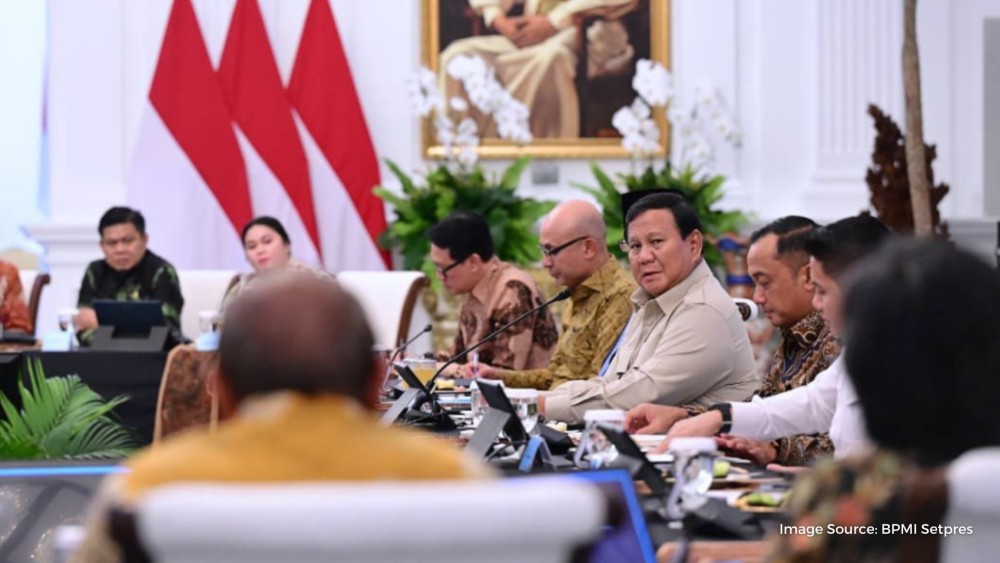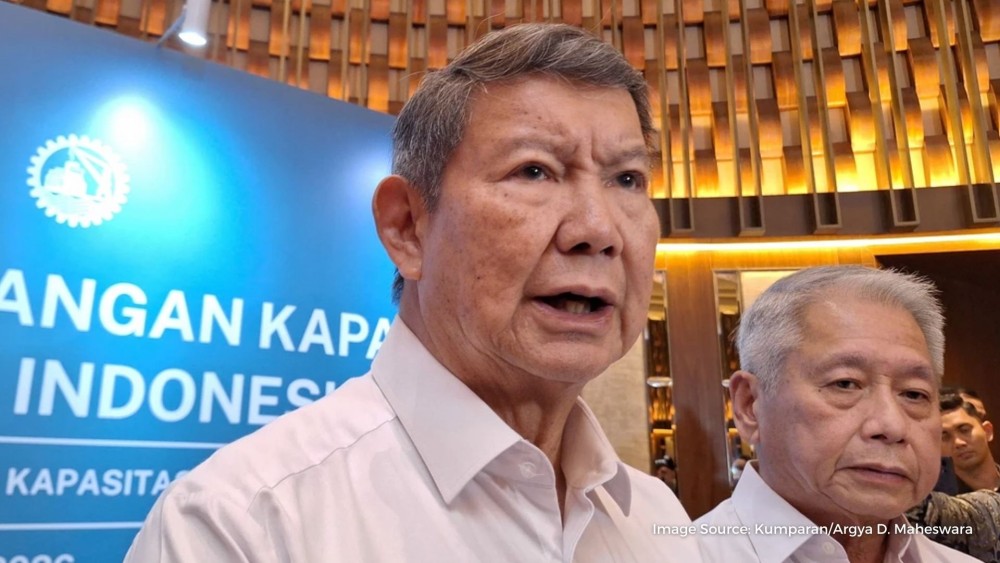Indonesia Central Bank Delivers Consecutive Rate Cuts to 4.75%
17 Sep 2025

Bank Indonesia (BI) lowered its benchmark interest rate by 25 basis points (bps) to 4.75%, its sixth cut since September last year and the lowest since late 2022. The decision, taken at the central bank’s Board of Governors’ Meeting on September 16–17, 2025, was accompanied by a 50-bps reduction in the overnight deposit facility rate to 3.75% and a 25-bps cut in the lending facility rate to 5.50%.
Governor Perry Warjiyo said the move was aimed at supporting economic growth while maintaining inflation within the 2.5% ±1% target range for 2025–2026 and keeping the rupiah exchange rate stable.
“Going forward, BI will continue to monitor economic growth and inflation prospects in utilizing the space for BI Rate cuts, while taking into account the rupiah exchange rate,” he said.
Since September 2024, BI has lowered its policy rate by a total of 150 bps, including 75 bps since the beginning of 2025.
The central bank expects lower borrowing costs to encourage banks to reduce lending rates, stimulate credit demand, and strengthen household consumption and investment in the second half of 2025. Warjiyo emphasized that the banking system had ample liquidity to support credit distribution and urged banks to pass on lower rates to borrowers.
The rate cut comes amid political and economic pressures. Protests and unrest spread across multiple cities from late August, followed by the abrupt dismissal of Finance Minister Sri Mulyani Indrawati in early September. She was replaced by Purbaya Yudhi Sadewa, who criticized BI for keeping liquidity conditions tight and last week moved more than USD 12 billion of government funds from BI to commercial banks to boost lending.
Indonesia’s economy grew 5.1% year-on-year in the second quarter of 2025, its fastest pace in two years, though signs of slowing were reported in the third quarter. Earlier this week, the government announced a stimulus package worth nearly USD 1 billion for the fourth quarter, including food handouts and infrastructure projects aimed at creating jobs.
Concerns have also arisen about BI’s independence. A “burden sharing” arrangement will see the central bank help finance state programs, while parliament is discussing amendments that could expand BI’s mandate to explicitly support growth and allow lawmakers to evaluate and recommend the removal of BI board members to the president.
Despite these developments, BI reiterated its commitment to maintaining inflation and exchange rate stability while supporting growth. Warjiyo said the bank would continue to assess the balance between stability and expansion as it considers further rate cuts.






